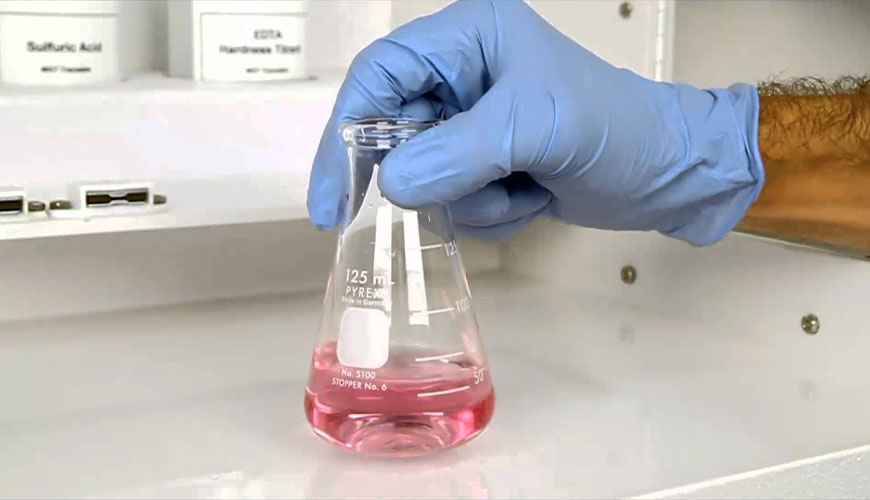

The pour point is defined as the lowest temperature at which the liquid sample can be poured under specified test conditions. Pour point is one of the properties that determines the low temperature fluidity of a lubricating oil.

Paraffinic base oils are widely used in various lubricant applications due to their oxidation stability, oxidation resistance and good viscosity index. These oils are obtained from crude oils by different refining processes and contain saturated hydrocarbon molecules with a distribution of carbon chain lengths. Linear and very slightly branched hydrocarbons, which are considered waxy materials, crystallize out of solution as the temperature drops, resulting in a hazy appearance. The temperature at which this occurs is defined as the oil's cloud point. This value is determined by the following standard developed by the American Society for Testing and Materials (ASTM): ASTM D2500-17a Standard test method for cloud point of petroleum products and liquid fuels.
The test method described in this standard covers petroleum products and biodiesel fuels that are transparent in layers only 40 mm thick and have a cloud point below 49 degrees.
As the temperature is lowered further, additional wax molecules precipitate, wax crystals begin to grow in plates, forming a three-dimensional network that at low enough temperature completely blocks the oil flow. This temperature at which the oil can no longer flow is called the pour point.
In short, the pour point of a fuel is specifically a measure of a fuel's tendency to become more viscous and resist flowing when cold. In other words, the pour point of a liquid is the temperature below which the liquid loses its flow properties.
The pour point is measured at minus 15 above the temperature at which the fuel stops flowing due to the formation of wax crystals that increase its viscosity. The yield point properties are the maximum allowable temperature, with low yield point material being more preferred. It is an important quality characteristic for diesel fuels. In general, light (low boiling point) material has a lower (more desirable) pour point.
Our organization also provides pour point determination services with its trained and expert staff and advanced technological equipment, among the numerous test, measurement, analysis and evaluation studies it provides for businesses in various sectors.
To get an appointment, to get more detailed information or to request an evaluation, you can ask us to fill in our form and reach you.